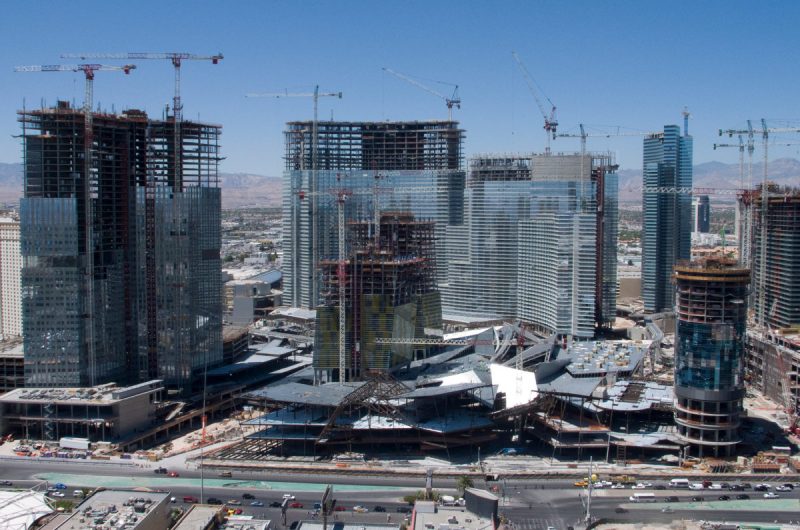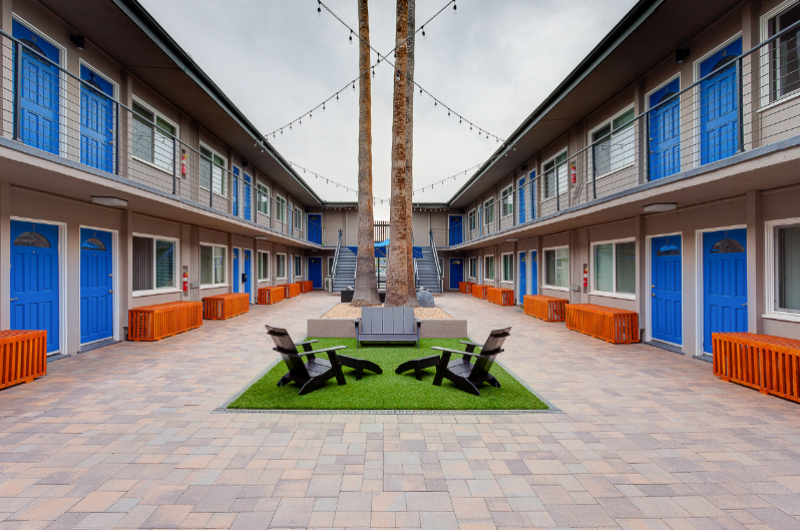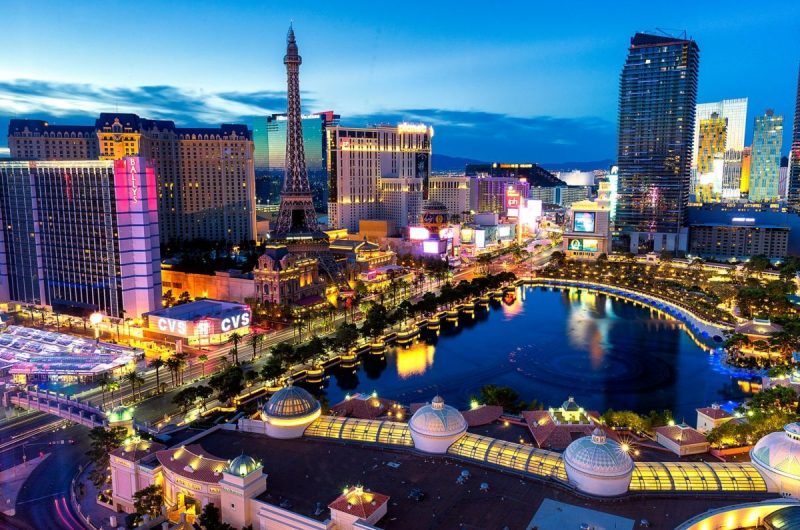Las Vegas, NV
Las Vegas bills itself as The Entertainment Capital of the World and is famous for its mega casino–hotels and associated activities. As of 2018 the Census Burea’s population estimate for Las Vegas–Henderson–Paradise, NV Metropolitan Statistical Area had 2,204,079 residents, making it the 28th largest metro area in the nation by population. By 2030 US Census Bureau forecasted that Las Vegas will see a population increase of 39% becoming the 28th most populous city in the US with a metro area that’s home to approximately 4.3 million. It is also one of the fastest growing major metro areas, increasing roughly 14.37% since 2010.
Las Vegas is an internationally renowned major resort known primarily for its gambling, shopping, fine dining, entertainment, and nightlife. The Las Vegas Valley serves as the leading financial, commercial, and cultural center for Nevada. Today, Las Vegas annually ranks as one of the world’s most visited tourist destinations and it is a top three destinations in the United States for business conventions. While the city booms with vacationers and employment opportunities, its residents get to witness further advances. Las Vegas is in the early stages of building a start-up culture, making it far more progressive than its transient reputation. LinkedIn recently named four reasons why the city is expanding so rapidly: A fast-growing local economy, good weather, a low cost of living, and no state income tax.
Nevada continues to lead the nation in job creation on an annual basis stated by economist for NDETR. According to the Nevada Department of Employment, Las Vegas is up 35,200 jobs over the year. Bloomberg announced that Las Vegas, Memphis and Sacramento are the top three large metro areas in the entire country regarding job growth. CBRE, a commercial real estate and investment firm, has named Las Vegas in the top 10 fastest-growing markets for tech labor pools. According to the agency, the tech labor pool has grown 35 percent in the area over the last five years to more than 18,000 tech workers, marking Las Vegas 4th on the list. LinkedIn’s February 2018 Workforce Report predicts Las Vegas being the next US tech hub, as the city has seen a 44% increase in LinkedIn members relocating there in the past year. The massive growth, coupled with an increased demand for tech skills in the area, suggest more tech workers and companies are considering the Las Vegas as a tech hub.
Las Vegas is current in the Golden Age of Real Estate. Las Vegas recently jumped five spots on Biz2Credit’s rankings for “best cities for small business growth,” landing in 18th place. Additionally U.S. News analyzed 125 metro areas in the United States to find the best places to live and Las Vegas, Nevada ranked #71 in Best Places to Live and #53 in Best Places to Retire. Las Vegas’ future is looking bright with an array of different projects ranging from a stadium to hotel-casino renovations being completed. Six major construction projects that are scheduled to open in 2020 include; NFL’s Las Vegas Raiders Stadium, The Las Vegas Convention Center District expansion, The Drew, MSG Sphere, Wynn Las Vegas’ 25-acre lagoon attraction, Resorts World and Elons Musk’s Boring Co LVCC Loop. With a multiple of other major construction projects in play, Las Vegas continues to expand with a new extremely ambitious $7.5 billion real estate project by Bleutech Park Properties, Inc to create an insular mini-city.
Rental demand is being aided by strong population growth and job growth in the Las Vegas metro area. Besides professional families, retirees continue to move to Las Vegas in considerable numbers. A study by the National Apartment Association project listed fast growing markets: Las Vegas, Raleigh, Orlando, Austin, Charlotte will need new supply of apartments totaling 40 percent and greater of their current supplies. A study by the National Multifamily Housing Council and National Apartment Association found that the area will need 87,820 new apartments by 2030. An unachievable amount due to current construction climate and restrictions. By 2030 US Census Bureau forecasted that Las Vegas will see a population increase of 39% becoming the 28th most populous city in the US with a metro area that’s home to approximately 4.3 million.



Construction Development Projects
The LVCC Loop: $48.6 million project with Boring Company, Elon Musk’s tunneling venture. LVCC will consist of two tunnels for vehicles, three stations, and a pedestrian tunnel
Google Data Center:$600 million data center is slated to open 2020 and expected to serve billions of users around the world
Las Vegas Stadium:65,000-seat, $1.8 billion project open in 2020 will be home to the Raiders and UNLV football team
Resort World:$4 billion development on Las Vegas Boulevard estimate 60-floor and 3,400 rooms
Wynn Convention Center:400,000sqft complex will include 300,000sqft of rentable space, 20,000sqft outdoor events pavilion, 83,000sqft ballroom, and 2,500sqft hospitality lounge
Las Vegas Convention Center:2-phase $935 million expansion will add 1,400,000sqft to the current 3,200,000sqft
